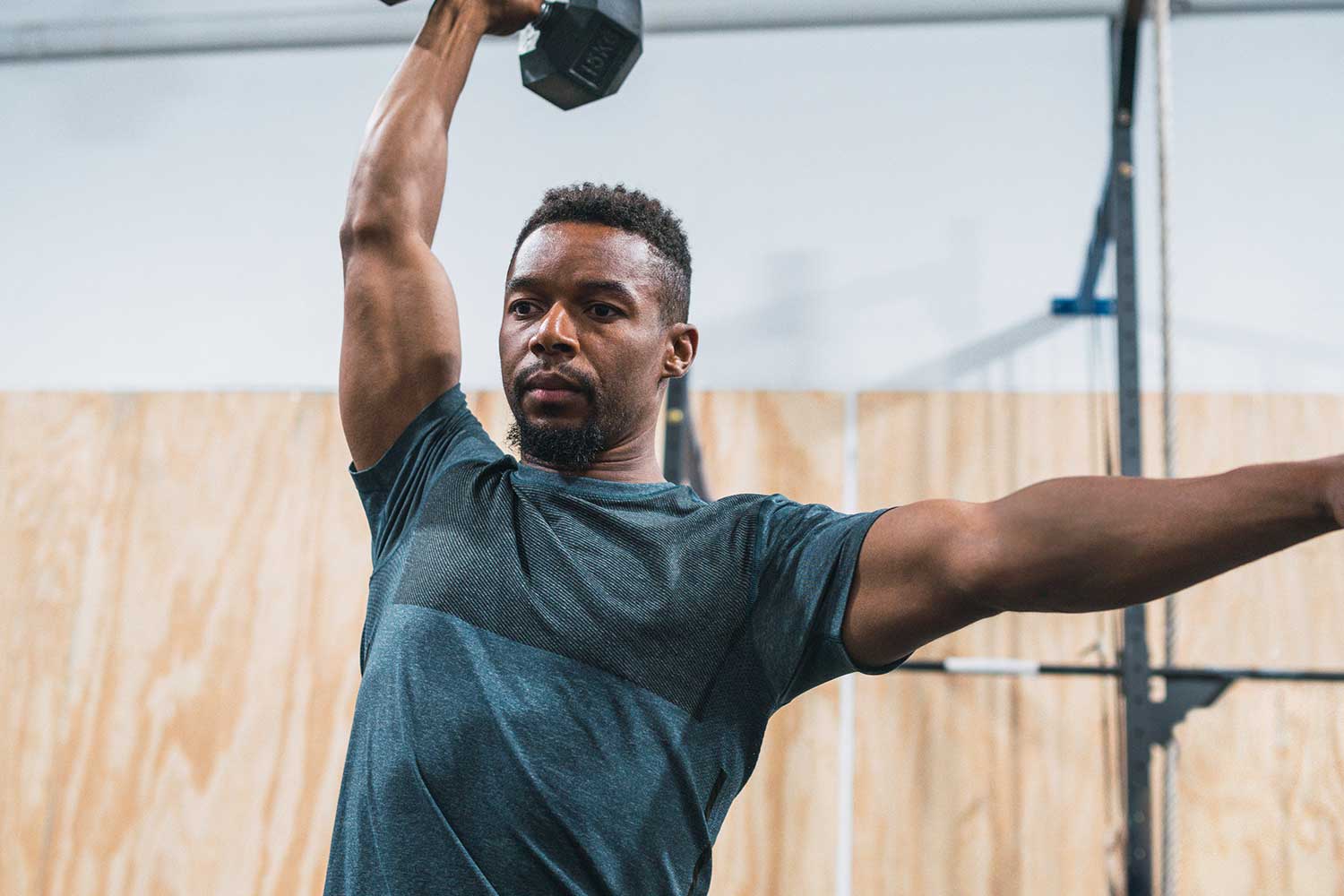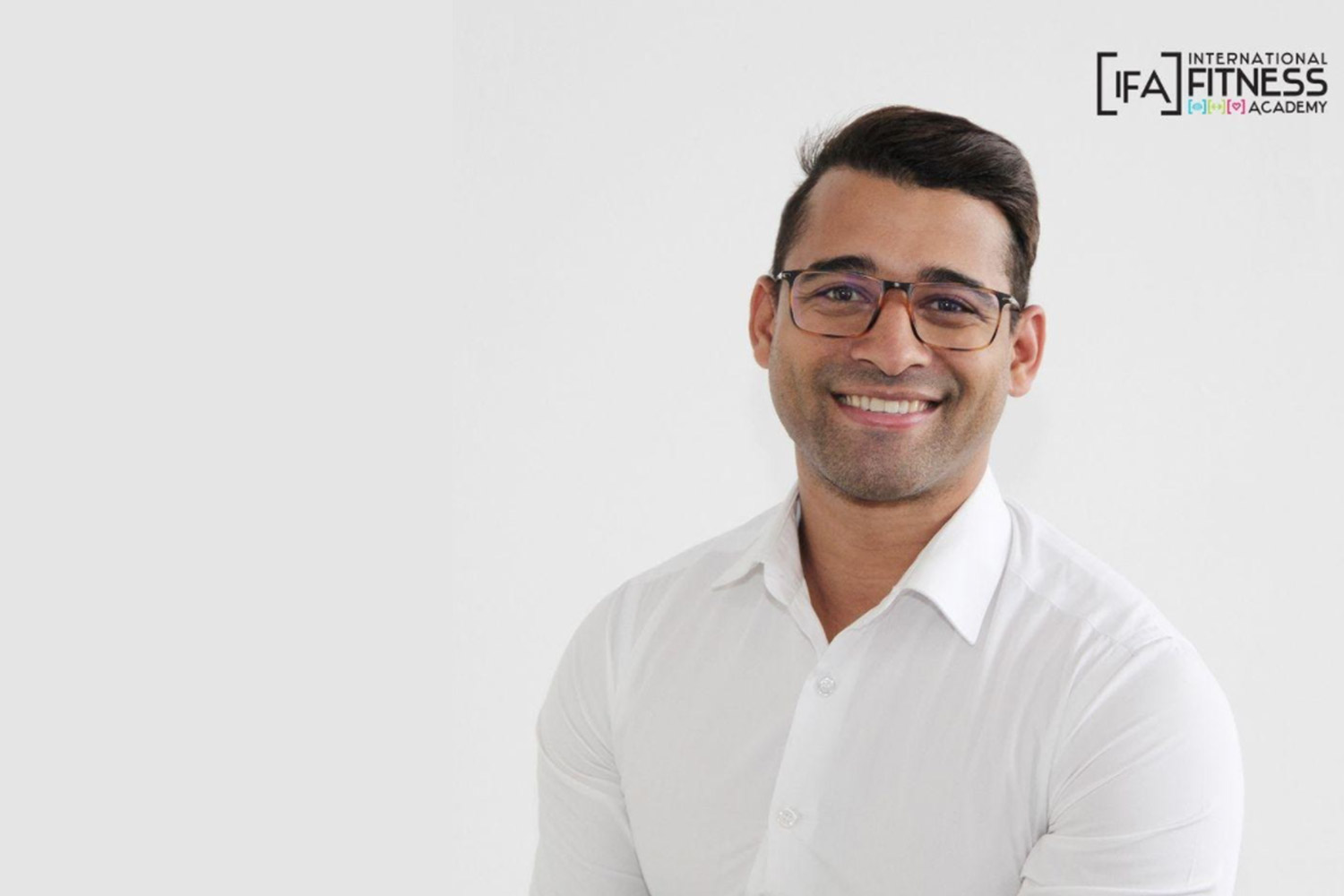We all know there are plenty of benefits to regularly participating in sports and physical activity, helping us develop mentally, physically and socially. But there’s so much more to know!
So we pursue further information: online, through discussions with peers, chats with friends and family and reading exercise-related books and magazines. Maybe we even join our local sports club, local walking/running group, community centre or the local gym/fitness centre.
But we still want to know more. So what’s the next step? Considering the study of fitness as our next educational pursuit, of course!
So to help you find the best answer for your future in fitness, consider the five Ws as a means for your decision-making process.

WHO do you want to be?
This is a big question, and getting bigger all the time. These days, our interests are very diverse – and the industry of fitness spoils us for choice. As fitness and exercise professionals, we adapt, change and innovate; and together the industry grows. Today, there are Fitness Instructors, Wellness Coaches, Personal Trainers, Sport-specific Coaches, Strength and Conditioning Coaches, Biokineticists, Exercise Scientists, Club and Sport Managers, Sport Administration, Sport Development Practitioners, Kinesiologists, Group Exercise Instructors, Recreation Therapists and more! We are all taught some degree of anatomy, exercise physiology and how to lead exercise and physical activity programmes, but decide what you are aiming to be, and find a course that qualifies you in that particular position.
WHAT should you study?
From an immediate list, you will see that there are certificates, advanced certificates, diplomas and degrees on offer. In South Africa, the National Qualifications Framework (NQF) outlines levels of education. Generally speaking, the higher the level, the longer you need to study – and the higher the salary. Matric or Grade 12 is NQF level 4. At present, a higher certificate is NQF 5, a diploma is an NQF level 6, and a degree is an NQF level 7. Based on your decision on where to study, you may find out that some institutions offer only certificates and diplomas, some offer certificates, diplomas and degrees, and some offer only degrees. To ascertain this, map out your current commitments and identify how much time you can spend on your career training in fitness, then decide on which certificate, diploma and/or degree you are wanting to pursue.

WHERE should you study?
The COVID-19 pandemic has brought on many concerns regarding social gatherings, and institutions have taken their studies completely online and now only use their gym and fitness centres as practical sites for student practical assessments once theory subjects have been covered in much detail. Narrow your search down to the top six institutions (my recommendation would be to look at three national and three international institutions) that you feel you would like to be affiliated with when you start your future career. This will help you choose from who you think is the best of the best in the industry of fitness education merely by their reputation and marketing. Ask around. Find out from your coaches, fitness instructors and personal trainers where they studied and who they recommend you add to your list of potential institutions. Don’t be afraid to ask; we’re all here to uplift each other and able to provide guidance in this way..

WHEN should you study?
Time – there’s just never enough of it, is there? With all the different aspects of life pulling at our attention, it definitely may seem that there is no time for studies. One way to work around this would be to find a way to incorporate your studies into your daily routine. Alternatively, you could decide how much time you’re willing to set aside from other activities in life according to NQF level (it takes three years to get your NQF 7 degree, remember?). And finally, another option to consider is online learning. Online learning has taken the lead since the COVID-19 pandemic, and it’s not going away as we become more and more remote in the way we live, work, learn, and play. It’s much more accessible than on-campus classes: it’s a little easier to set aside 15-30 minutes per day to attend an online lecture or complete a task than to block off an hour to travel to and from campus to attend an hour-long class.

WHY should you study?
The biggest question of them all! Your WHY is what will determine your success in any chosen profession. We study, learn new skills and advance our thinking because we have something to offer and a gap to fill – we want to make a difference somehow. A previous student of mine started studying fitness and group exercise instruction with me as he noticed that there were no fitness and recreation engagements taking place in his community. He wanted to bring his neighbours closer together and create more of a community presence among the members within the community. After just a few lectures in learning the basics of leading exercise programmes, he started his very own community bootcamp class, charging a minimal fee in an effort to get people moving and more physically active. Now neighbours have become friends, people are getting to know each other better and it’s become a safer environment.
To find out YOUR purpose, jot down a few of the reasons you are choosing a particular course of study, and ask yourself if you could see yourself doing that everyday. As Confucius once said, “choose a job you love, and you will never have to work a day in your life.”
The future is bright – and if you’re passionate and motivated, you have a place within fitness, sport, recreation and exercise. We’re waiting for you – good luck!
Warren Lucas, MA, is Exercise Scientist at the South African Medical Research Council and National Academic and Operations Manager at the International Fitness Academy. And he knows a thing or two about the challenges of studying as well – he’s currently completing a PhD Med at the University of Cape Town.



